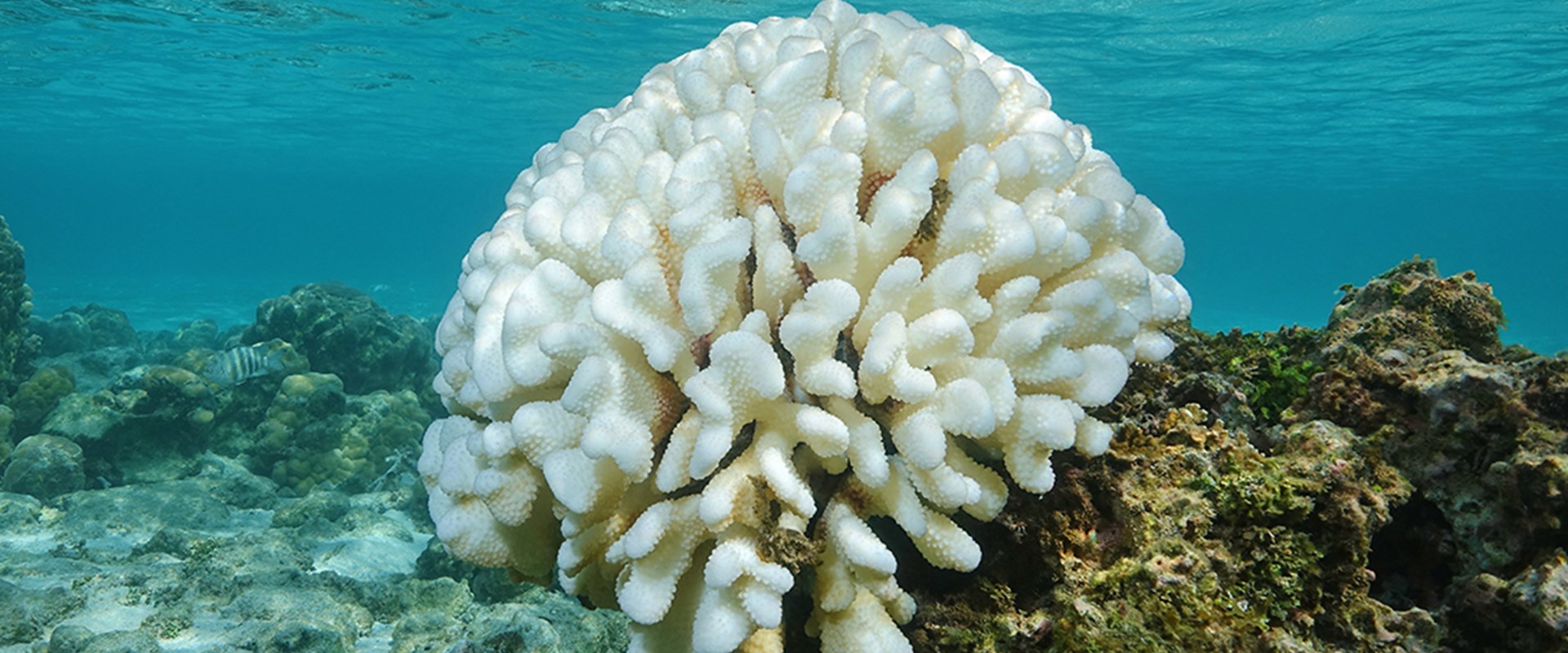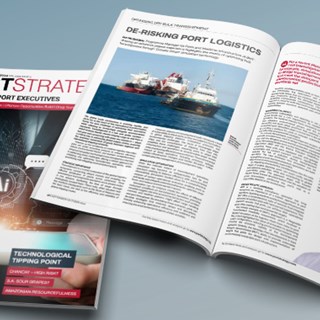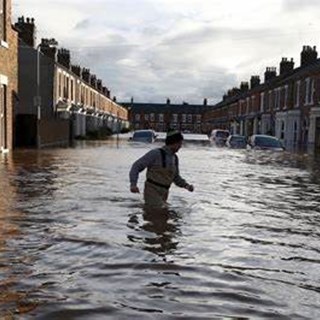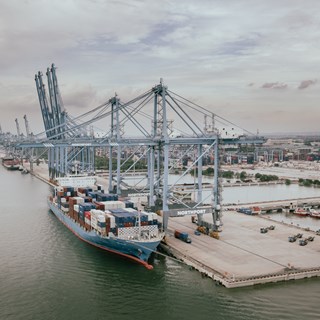
Coral rehabilitation and climate change
Climate change is happening around the world. Ocean heatwaves cause coral bleaching events which can occur at a large scale and result in massive die-off (bleaching) of corals.
20 November 2019
Cyclones crossing over coral reefs can significantly impact the coral environment and cause substantial damage. Climate change is resulting in warmer seas and more robust and more giant storms, which means the damage caused to reefs is becoming more frequent and they are less able to recover.
BMT has been contributing to proposed solutions to overcome this challenge by doing work in coral rehabilitation. Coral rehabilitation helps to restore reef function and support the various ecosystem services they provide. Still, it’s important to remember that unless global efforts to reduce emissions are achieved, coral rehabilitation will have little impact.
We are currently involved in two coral rehabilitation projects, one on Australia’s Great Barrier Reef (GBR) and one in Seychelles. Our GBR project is being done in collaboration with the University of Queensland. We are trialling an approach to stabilise coral rubble, increasing the likelihood of coral recruitment and returning the structure to damaged reefs. The process involves taking broken coral from the sea bed and placing it into natural-fibre nets to provide a stable base for new coral recruitment.
These artificial bommies are then placed in such a way as to protect other areas of the reef from cyclone wave damage.
In the Seychelles over 90% of coral reefs have been lost as a result of a few significant bleaching events. Coral reefs provide important ecosystem services such as coastal protection, habitat for a range of marine species and in turn support the tourism and fisheries industries, which constitute a large proportion of Seychelles’ economy.
Our World Bank-funded project with partners Aither (environmental economists), the University of Seychelles Blue Economy Research Institute, WiseOceans and the Marine Conservation Society, Seychelles, is helping to develop a reef rehabilitation strategy for the country, including identifying priority locations, developing a business case for rehabilitation and identifying finance mechanisms and governance structures to implement it.
This project builds on prior work in Seychelles and internationally on innovative business models and financing mechanisms (such as the Debt-for-Nature Swap) to support conservation and the restoration of critical ecosystems.
***
About author:
Dr David Rissik - Senior Principal, Climate Change Adaptation, BMT, Brisbane, Australia
David has significant experience in climate change adaptation, having co-developed and applied various tools and approaches to support effective responses to climate change. He has delivered many risk-based climate change adaptation projects around Australia for the government and private sectors. He has a background in coastal and estuarine management and a strong interest in using science and research to underpin policy and decision-making.
David is involved in various projects related to coral rehabilitation and ecosystem management, including projects in the Great Barrier Reef, the Pacific Region and Seychelles.
In addition to his role at BMT, David is a Non-Executive Director of Green Cross Australia and an Adjunct Professor at Griffith University.
This text was initially published on Focus Issue 2, 2019

N/A
The DCN spoke to our climate change risk, resilience and adaptation expert about preparing for the impacts of a changing climate.

N/A
With the UK and beyond facing unprecedented consequences from rising water levels and climate amelioration, BMT are helping our clients in their need for flood alleviation, prediction, mapping and mitigation. James While talks about 5 ways we can assist our clients.

Ian McRobbie
In a Port Strategy feature, Ian McRobbie highlights the merits of optimising bulk transshipment through ‘Climate-Smart’ simulation technology, drawing on extensive project experience

Jaret Fattori
Jaret Fattori's article in Port Strategy discusses how ports are adapting to climate change and IFRS S-2 regulations. Emphasising the shift towards sustainability through digital integration, decarbonisation, and innovative fuel alternatives, he explores the significant role of collaboration in advancing port sustainability and innovation.